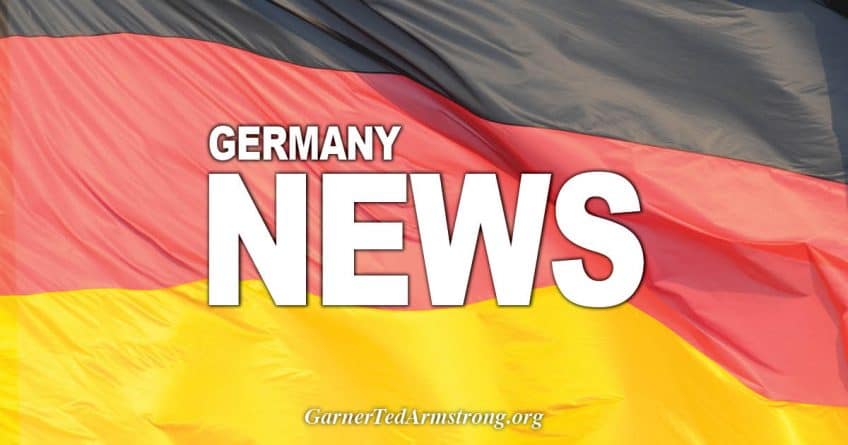As Brexit approaches, figures show that Germans who made Britain their home are increasingly applying for repatriation. The majority are the families of those who fled because they were persecuted by the Nazi regime.
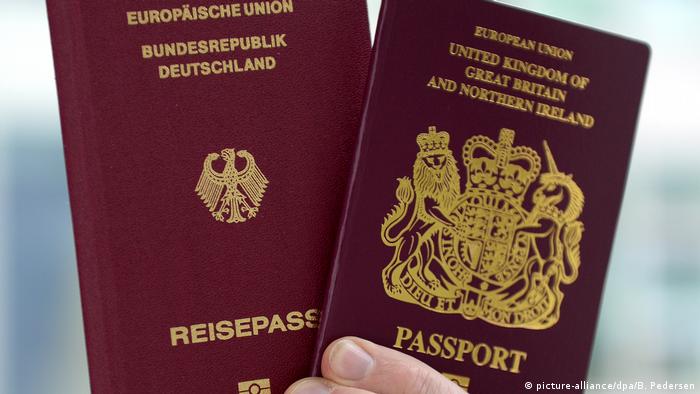
An increasing number of people living in the UK have applied for repatriation to Germany since the June 2016 referendum result for Britain to leave the EU, according to government figures.
Individuals who were persecuted by the Nazis and their descendants made up the majority of those applying, a report on Friday said.
Of the 3,731 applications since 2016, 3,408 referred to the German Constitution’s Article 116. Under the article, former German citizens who were deprived of citizenship on “political, racial, or religious grounds” — and their descendants — are entitled to have citizenship restored.
Read more: Will Brits say ‘au revoir’ to French dream post-Brexit?
Tens of thousands of Jews fled Germany for the UK before and during World War II. They included some 10,000 children who were evacuated as part of the so-called “Kindertransport” between December 1938 and August 1939, most of whom never saw their families again.
Sharp rise in applications
The increase in those applying for repatriation increased significantly after the UK’s Brexit referendum, according to figures published by the Funke Mediengruppe newspaper group.
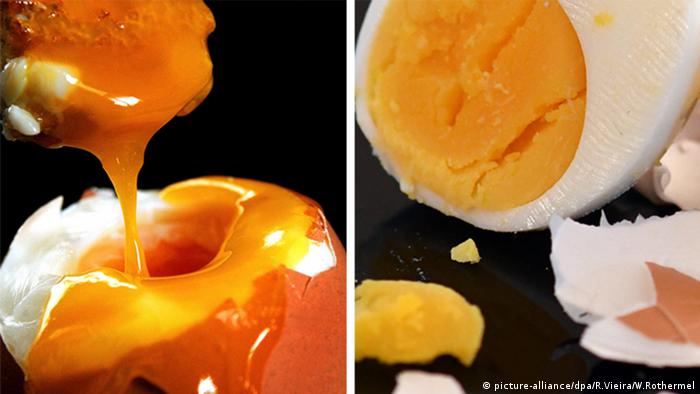
Hard or soft options
It’s essentially a choice of a harder or softer Brexit. Harder prioritizes border control over trade. UK firms would pay tariffs to do business in the EU, and vice versa. The softest Brexit would see access to the single market, or at least a customs union, maintained. That would require concessions — including the payment of a hefty “divorce bill” — to which the UK has provisionally agreed.
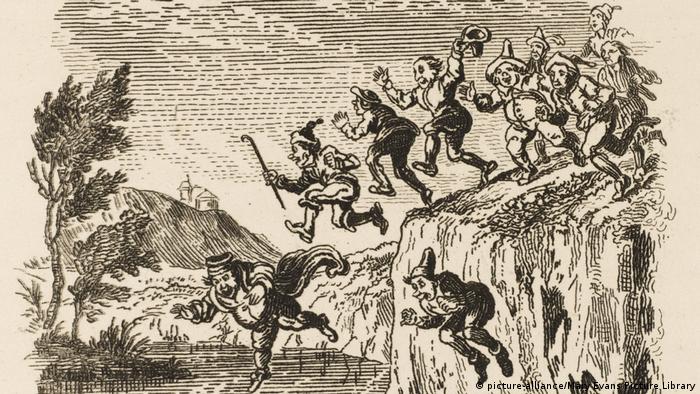
Businesses have expressed concern about a “cliff edge” scenario, where Britain leaves the EU with no deal. Even if an agreement is reached at the EU bloc level, the worry is that it could be rejected at the last minute. Each of the 27 remaining countries must ratify the arrangements, and any might reject them. That could mean chaos for businesses and individuals.

No deal – better than a bad deal?
If there is no agreement at all, a fully sovereign UK would be free to strike new trade deals and need not make concessions on the rights of EU citizens living in the UK or pay the financial settlement of outstanding liabilities. However, trade would be crippled. UK citizens in other parts of the EU would be at the mercy of host governments. There would also be a hard EU-UK border in Ireland.
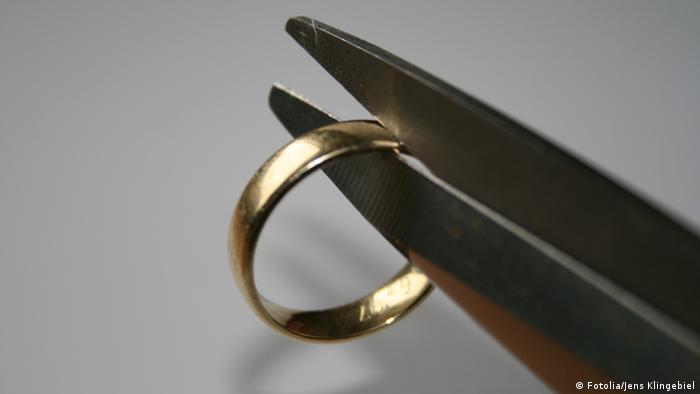
Divorce-only deal
The EU and the UK could reach a deal on Britain’s exiting the bloc without an agreement on future relations. This scenario would still be a very hard Brexit, but would at least demonstrate a degree of mutual understanding. Trade agreements would be conducted, on an interim basis, on World Trade Organization rules.

Limited arrangement, like with Canada
Most trade tariffs on exported goods are lifted, except for “sensitive” food items like eggs and poultry. However, exporters would have to show their products are genuinely “made in Britain” so the UK does not become a “back door” for global goods to enter the EU. Services could be hit more. The City of London would lose access to the passporting system its lucrative financial business relies on.

Bespoke deal: Swiss model
Under the Swiss model, the UK would have single market access for goods and services while retaining most aspects of national sovereignty. Switzerland, unlike other members of the European Free Trade Area (EFTA), did not join the European Economic Area (EEA) and was not automatically obliged to adopt freedom of movement. Under a bilateral deal, it agreed to do so but is still dragging its feet.

The Norway way
As part of the European Economic Area, Norway has accepted freedom of movement – something that no Brexit-supporting UK government would be likely to do. Norway still has to obey many EU rules and is obliged to make a financial contribution to the bloc while having no voting rights. Some see this as the worst of both worlds.
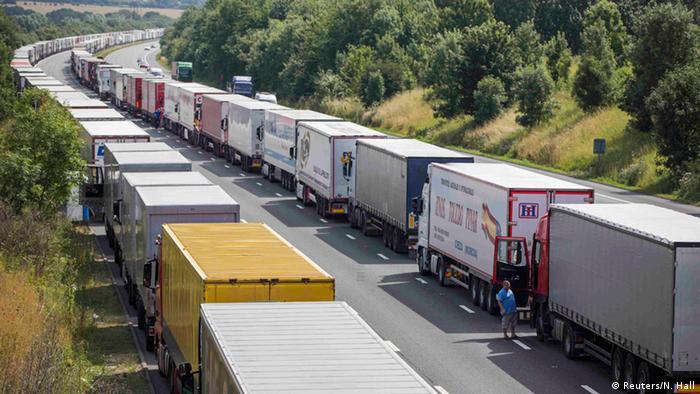
A Turkey-style customs union
Turkey is the only major country to have a customs union with the EU, as part of a bilateral agreement. Under such an arrangement, the UK would not be allowed to negotiate trade deals outside the EU, instead having the bloc negotiate on its behalf. Many Brexiteers would be unwilling to accept this. It would, however, help minimize disruption at ports and, crucially, at the Irish border.
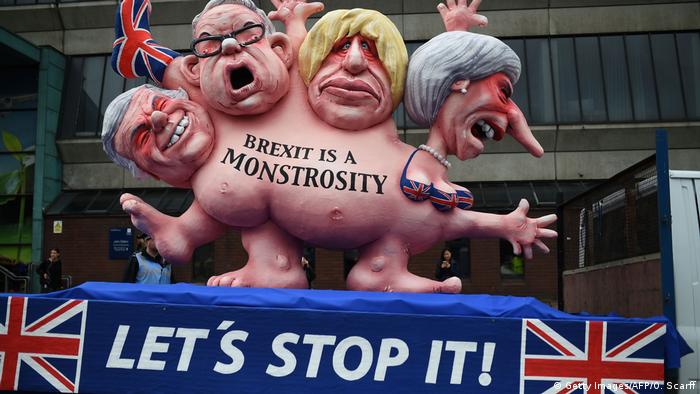
No deal, no Brexit?
EU President Donald Tusk says the outcome of the talks depends on Britain, citing a good deal, bad deal or “no Brexit” as possible options. However, with both of the UK’s major political parties – the Conservatives and Labour – committed to going ahead with Brexit, that looks unlikely.
In 2015, there were only 59 applications, while in 2016 — the year the UK Brexit vote took place in June — there were 760. In 2017, 1,824 applied, and 1,147 applied in the first eight months of 2018.
The Funke Mediengruppe figures were obtained in response to a parliamentary question from Germany’s pro-business Free Democrats (FDP).
Read more: Germany preparing for no deal on Brexit, says Merkel
Aside from Jews, many other groups fled Germany and the Nazi regime, including members of the Roma community, homosexuals and political opponents.
‘Not surprising’
According to FDP interior affairs spokesman Konstantin Kuhle, the development showed that many UK citizens were keen to retain “the benefits of European citizenship” within the EU.
“This is not surprising given the British government’s chaotic Brexit negotiation line,” Kuhle said, adding that the EU should not forget “that many people in the UK feel close to the EU.”
Read more: Plotting Conservatives reject Theresa May’s Brexit plan
The 2016 referendum, called by then Prime Minister David Cameron, ended with 52 percent voting in favor of Brexit, and 48 percent against.
The number of Britons living in Germany who seek German citizenship has also increased significantly since June 2016.
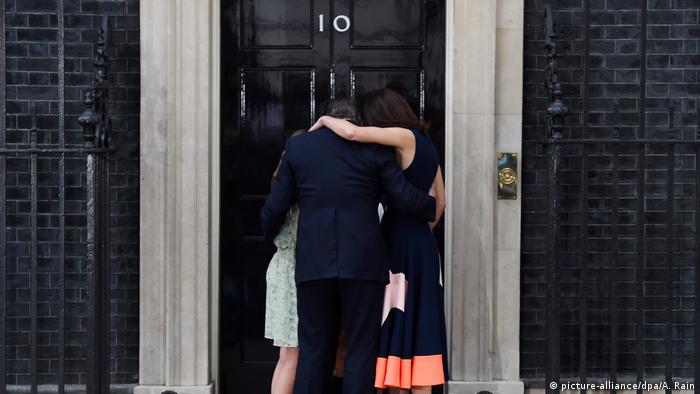
June 2016: ‘The will of the British people’
After a shrill referendum campaign, nearly 52 percent of British voters opted to leave the EU on June 24. Polls had shown a close race before the vote with a slight lead for those favoring remaining in the EU. Conservative British Prime Minister David Cameron, who had campaigned for Britain to stay, acknowledged the ‘will of the British people’ and resigned the following morning.
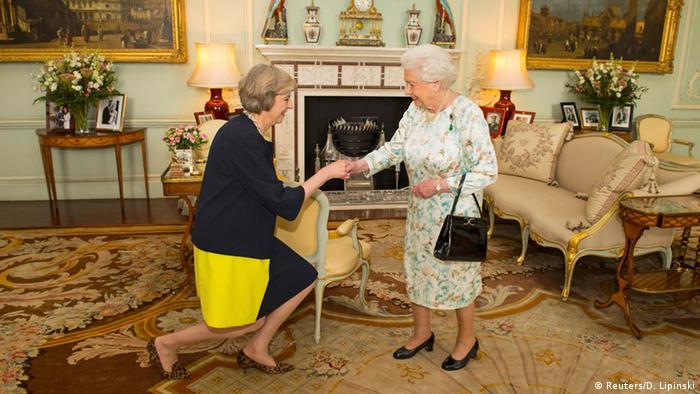
The former Home Secretary Theresa May replaced David Cameron as prime minister on July 11 and promised the country that “Brexit means Brexit.” May had quietly supported the remain campaign before the referendum. She did not initially say when her government would trigger Article 50 of the EU treaty to start the two-year talks leading to Britain’s formal exit.
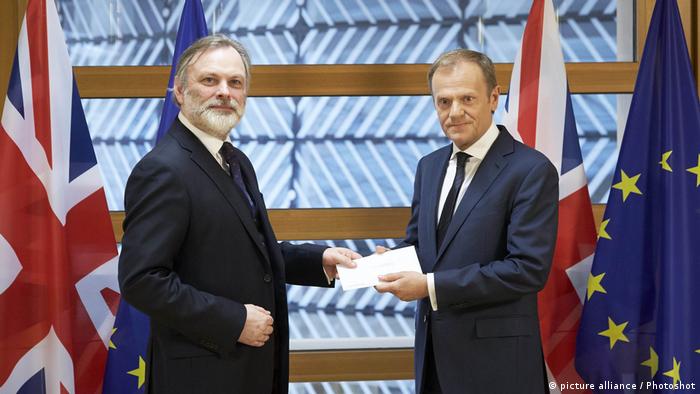
March 2017: ‘We already miss you’
May eventually signed a diplomatic letter over six months later on March 29, 2017 to trigger Article 50. Hours later, Britain’s ambassador to the EU, Tim Barrow, handed the note to European Council President Donald Tusk. Britain’s exit was officially set for March 29, 2019. Tusk ended his brief statement on the decision with: “We already miss you. Thank you and goodbye.”
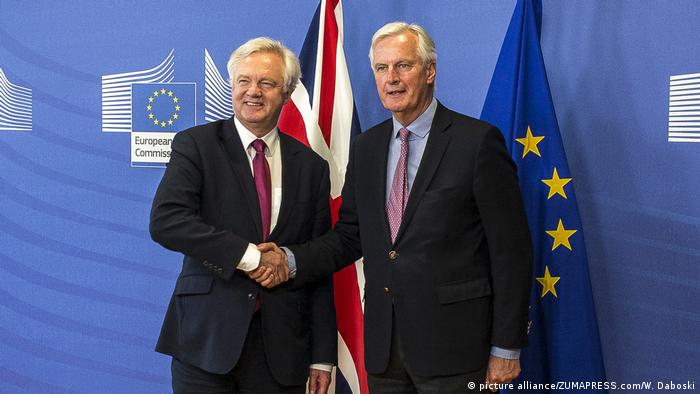
June 2017: And they’re off!
British Brexit Secretary David Davis and the EU’s chief negotiator, Michel Barnier, kicked off talks in Brussels on June 19. The first round ended with Britain reluctantly agreeing to follow the EU’s timeline for the rest of the negotiations. The timeline splits talks into two phases. The first settles the terms of Britain’s exit and the second the terms of the EU-UK relationship post-Brexit.
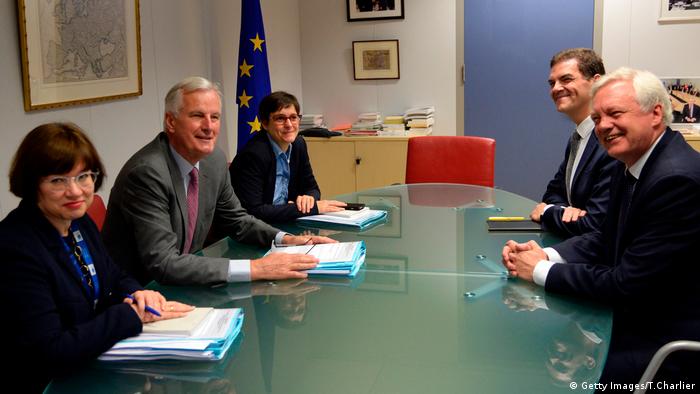
The second round of talks in mid-July began with an unflattering photo of a seemingly unprepared British team. It and subsequent rounds ended with little progress on three phase one issues: How much Britain still needed to pay into the EU budget after it leaves, the post-Brexit rights of EU and British citizens, and whether Britain could keep an open border between Ireland and Northern Ireland.
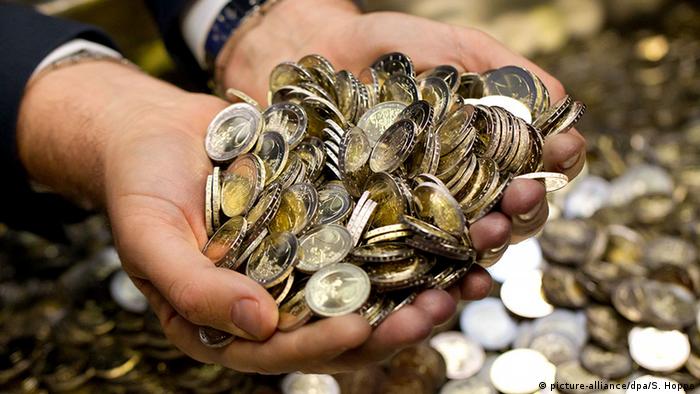
November 2017: May pays out?
Progress appeared to have been made after round six in early November with Britain reportedly agreeing to pay up to £50 billion (€57 billion/$68 billion) for the “divorce bill.” May had earlier said she was only willing to pay €20 billion, while the EU had calculated some €60 billion euros. Reports of Britain’s concession sparked outrage among pro-Brexit politicians and media outlets.
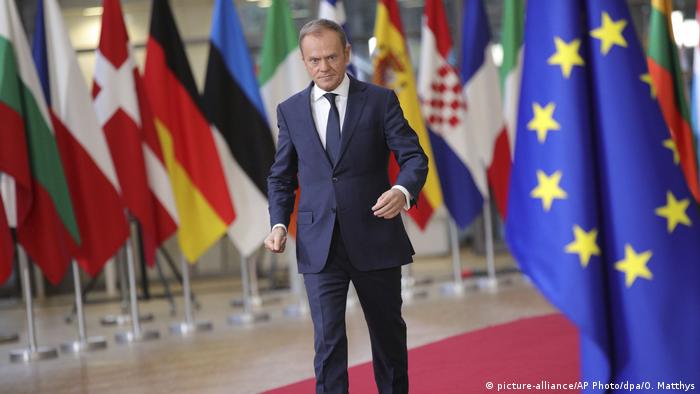
December 2017: Green light for phase 2
Leaders of the remaining 27 EU members formally agreed that “sufficient progress” had been made to move on to phase 2. Talks will now focus on a transition period and the future trading relationship between the two sides. While the Britain’s Theresa May expressed her delight, European Council President Donald Tusk ominously warned that the second stage of talks will be “dramatically difficult.”
rc/sms (AFP, dpa, kna)
Source: https://www.dw.com/en/brexit-jewish-families-in-uk-who-fled-nazis-seek-german-passports/a-45950709
[Disclaimer]
